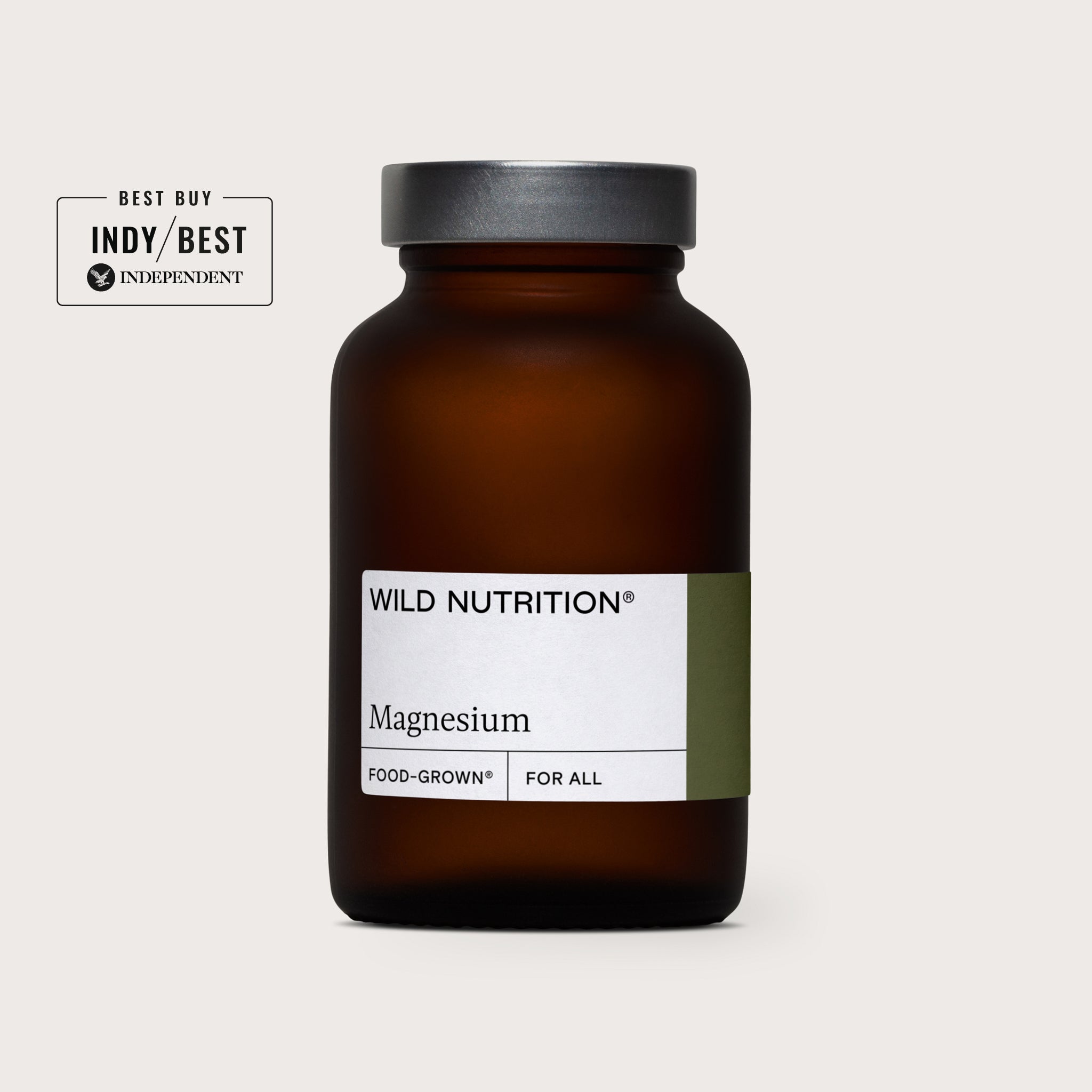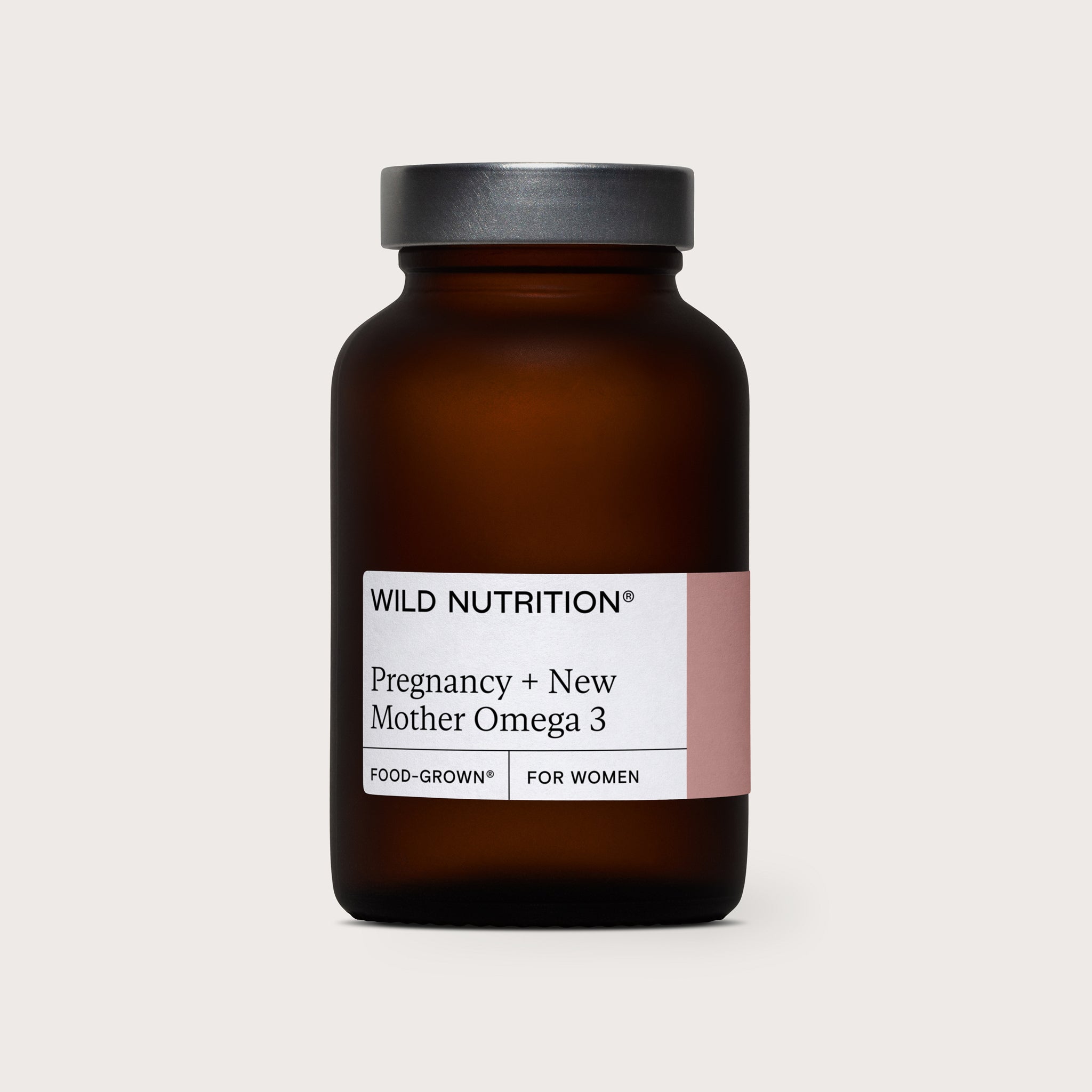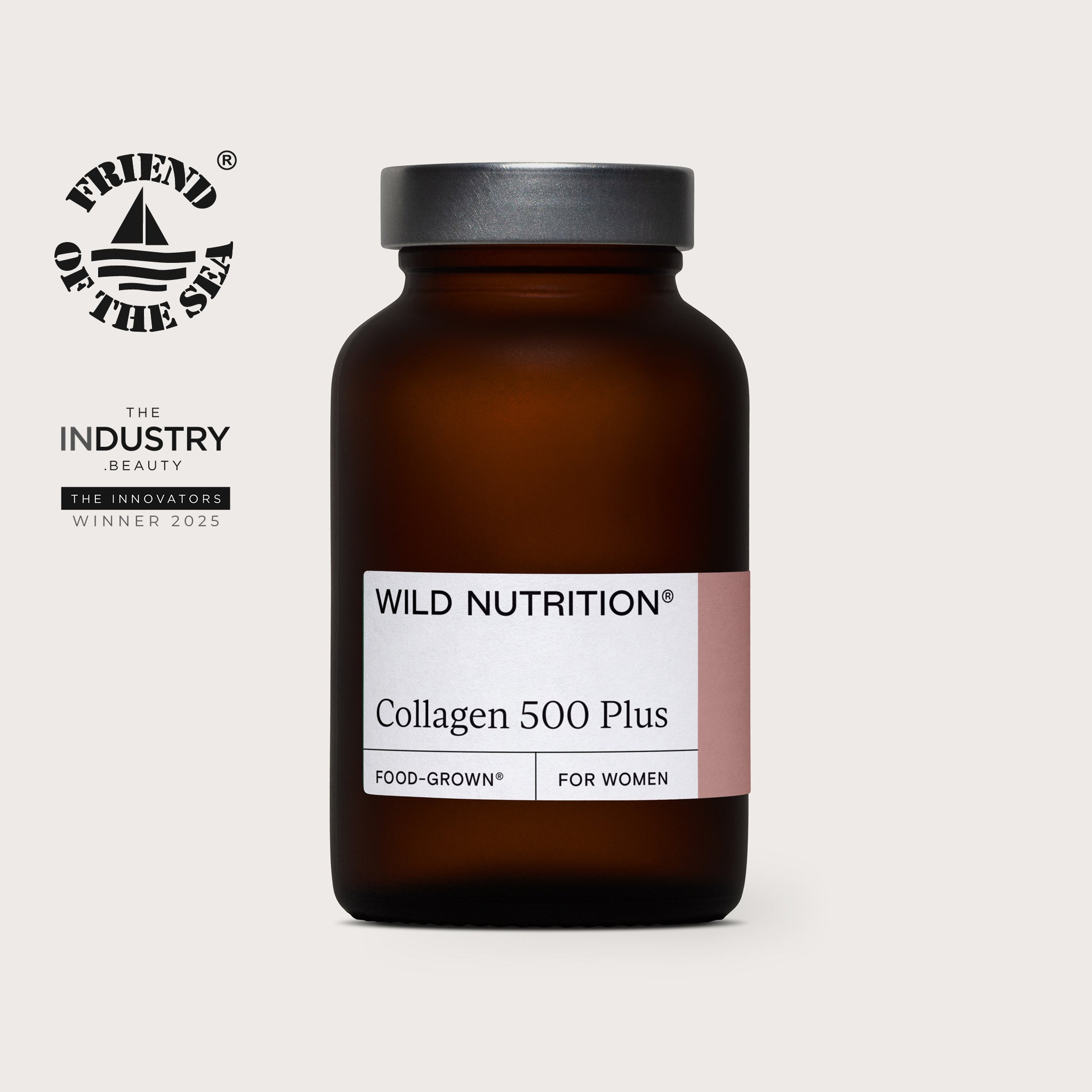
Nutrition before, during and after pregnancy
Your baby’s life development begins at conception. The nurturing of your baby begins from this day on and is a life-changing and sometimes daunting responsibility, the first nurturing responsibility being that of simply growing your foetus from seed to bump to a healthy newborn baby. It is a very powerful and demanding time for your body and feeding it with the right fuel is so important.
Research has shown that quality of nutrition before and during these nine months produces lifelong effects and can improve your baby’s resistance to infection and degenerative disease later in life. Eating well in pregnancy is thought not only to benefit your baby but their subsequent children too.
The B vitamins group, especially B12, biotin and choline, are especially important for your baby’s brain development. The period from week six of pregnancy to three months after the birth, if you are breastfeeding, appears to be the most sensitive to deficiency. Choline has been shown to protect the unborn baby from developing chronic stress-related illness in later life and should be present in pregnancy formulas.
In my clinic work, I have found that some women have had marginally sufficient levels of nutrients and although they have managed ‘tick over’ throughout their life when they fall pregnant, this marginal status is not enough to supply both them and their developing baby. As a result, they can find themselves feeling very tired, experiencing unwanted pregnancy symptoms, such as digestive issues, or fall ill easily with colds and flu.
If you follow a vegetarian and vegan diet or experience severe morning sickness, you can find it even harder to access all required nutrients during pregnancy.
I have experienced this myself during my first pregnancy. Morning sickness dominated the early weeks of my pregnancy with my first child and my supplement regime was even more important during this time.
Not all supplements are the same
In an ideal world, your nutritional needs and those of your baby would be met by eating the right macronutrients and micronutrients, but in an age of mass-produced food and busy lifestyles, it is not always possible to meet this ideal. Taking supplements is now recommended for all expectant mothers and is no longer seen as simply an indicator of a poor diet. Use of a multivitamin and mineral during pregnancy has been shown to reduce general wear and tear of the cells in both the mother and baby as well as reduce the risk of pre-eclampsia in pregnant women that were classified as overweight or obese (with a body mass index/BMI above 25).
But the quality and efficacy of supplements do vary and so it is important to choose wisely. Just as you would choose wholesome foods over processed foods for your baby, it’s my absolute belief that mothers should be nourishing themselves and their babies with supplements that better reflect nature, rather than synthetic analogues.
More than a formulation
I am deeply attached to our Food Grown Pregnancy range not only because of the increasing body of research that highlights the importance of a mother’s nutritional status on her own health and that of her baby or that Food-Grown® supplements are the closest to the natural state found in food but also because of my own experience of three pregnancies and new motherhood. I wholeheartedly know the intensity of physical and emotional growth that comes with carrying your child, both in pregnancy and after birth and my deep hope is that our formulations serve to nourish and support each pregnancy and blossoming child through this incredible time in their lives.
Top tips for finding the right supplements
- Choose one that has been specifically formulated for pregnancy.
- Choose one that uses nutrients in as natural a form as possible.
- Choose one that has as little fillers and binders as possible. Check the ingredients on the labels for added fillers and binders (also called excipients). These are added to products to ‘bulk’ them out and/or bind them into tablets or capsules. These include ‘anti-caking’ agents such as magnesium stearate, silicon dioxide, potato maltodextrin, sucrose, acacia gum, microcrystalline cellulose, cornstarch and even talc
- Don't feel shy about asking the company for more details on the manufacturing process and type of nutrients provided.
- Don't be swayed by cost. Cheap supplements often mean cheap unwanted ingredients.
For more on nutritional health during pregnancy, discover Henrietta's 'Your Pregnancy Nutrition Guide' or visit our pregnancy blog hub
Blogs you may like: Guides to the first trimester, second trimester, and third trimester.
For more on your nutritional health during pregnancy, see 'Is it safe to take Omega 3 during pregnancy?' and '8 Ways to combat morning sickness'
Written by : Henrietta Norton, Founder and Nutritional Therapist.












